 Petty: The Biography by Warren Zanes
Petty: The Biography by Warren Zanes Narrator: Warren Zanes
Published by Audible Studios on December 15, 2015
Genres: Biography, Nonfiction
Length: 13 hours 57 minutes
Format: Audio, Audiobook
Buy on Amazon
Goodreads

An exhilarating and intimate account of the life of music legend Tom Petty, by an accomplished writer and musician who toured with Petty
No one other than Warren Zanes, rocker and writer and friend, could author a book about Tom Petty that is as honest and evocative of Petty’s music and the remarkable rock and roll history he and his band helped to write.
Born in Gainesville, Florida, with more than a little hillbilly in his blood, Tom Petty was a Southern shit kicker, a kid without a whole lot of promise. Rock and roll made it otherwise. From meeting Elvis, to seeing the Beatles on Ed Sullivan, to producing Del Shannon, backing Bob Dylan, putting together a band with George Harrison, Dylan, Roy Orbison, and Jeff Lynne, making records with Johnny Cash, and sending well more than a dozen of his own celebrated recordings high onto the charts, Tom Petty’s story has all the drama of a rock and roll epic. Petty, known for his reclusive style, has shared with Warren Zanes his insights and arguments, his regrets and lasting ambitions, and the details of his life on and off the stage.
This is a book for those who know and love the songs, from "American Girl" and "Refugee" to "Free Fallin’" and "Mary Jane’s Last Dance," and for those who want to see the classic rock and roll era embodied in one man’s remarkable story. Dark and mysterious, Petty manages to come back, again and again, showing us what the music can do and where it can take us.
What a great loss to rock and roll. I think I might first have become aware of Tom Petty because my copy of Chipmunk Punk, featuring Alvin and Chipmunks squeaking out songs that were decidedly not punk music, had “Refugee” on it. Later, the video for “You Got Lucky” seemed to be on heavy rotation on MTV, and I admit it was interesting. You couldn’t get away from “Don’t Come Around Here No More” later. Rewatching that video recently, I was struck by how good Tom Petty’s acting is in the video.
However, I’m not sure I appreciated Tom Petty, truly became a fan, until college. I bought his back catalog and listened to the albums on repeat. I listened to them all again as I was reading this book, and I still remember each note. The first four albums, Tom Petty and the Heartbreakers, You’re Gonna Get It, Damn the Torpedoes, and Hard Promises, were on particularly high rotation, along with Southern Accents.
What I appreciated most about this biography was that Warren Zanes is an insider of sorts. In the 1980s, he was in the Del Fuegos and opened for Tom Petty and the Heartbreakers on tour. He spoke to many of Petty’s friends and associates, and the biography is unflinching in its honesty. Petty seemed like a reflective type of person, and he owned his mistakes. I particularly appreciated the reflections of fellow Heartbreakers Mike Campbell, Benmont Tench, and Stan Lynch as well as Petty’s long-time friend Stevie Nicks.
The part of the biography I found most compelling was Zanes’s account of Petty’s youth and adolescence, followed by his early days in Florida bands, such as Mudcrutch. His incredible work ethic was another interesting thread that ran through the book. It struck me that Petty enjoyed his English classes and didn’t consider them to be “studying” in the same way that his other classes were; you can hear that in his song lyrics. However, as a teacher, I couldn’t help but feel sad about how school crushes the spirits of so many creative people like Tom Petty. I think it was Benmont Tench who said in the book that Tom Petty was really good at convincing people to quit school and join his band.
When I heard Tom Petty died, I was crushed. He’s one of my favorite musicians of all time, and I’m grateful I was able to see him in concert once in 1992, for his Into the Great Wide Open tour. It was a great show. He was a consummate performer.
I put together a highly subjective list of my favorite Tom Petty tunes, more or less in order of preference. Some are deep cuts. I hope you enjoy it.
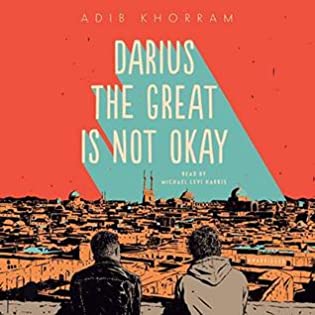 Darius the Great Is Not Okay by
Darius the Great Is Not Okay by 
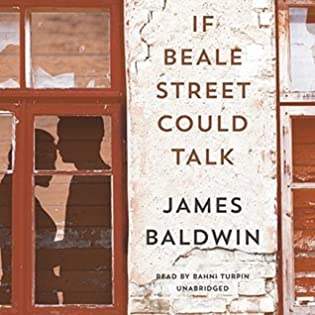 If Beale Street Could Talk by
If Beale Street Could Talk by 
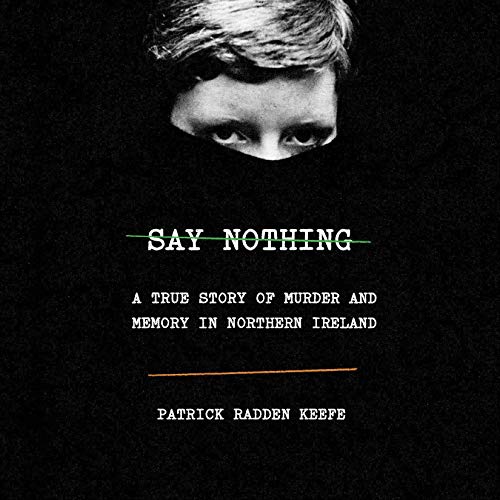 Say Nothing: A True Story of Murder and Memory in Northern Ireland by
Say Nothing: A True Story of Murder and Memory in Northern Ireland by 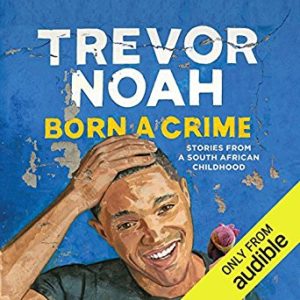 Born A Crime: Stories from a South African Childhood by
Born A Crime: Stories from a South African Childhood by 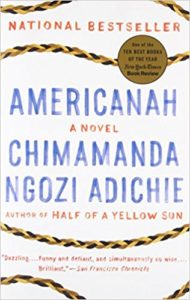 Americanah by
Americanah by  The Restaurant at the End of the Universe (Hitchhiker's Guide, #2) by
The Restaurant at the End of the Universe (Hitchhiker's Guide, #2) by 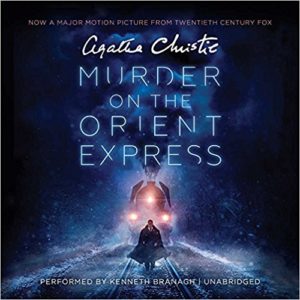 Murder on the Orient Express by
Murder on the Orient Express by 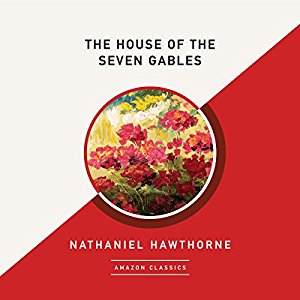 The House of the Seven Gables by
The House of the Seven Gables by 

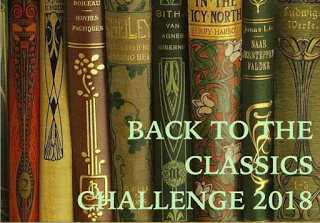
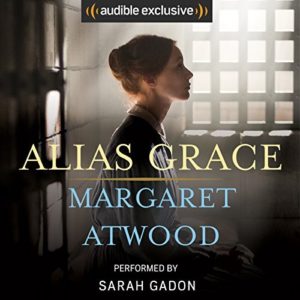 Alias Grace by
Alias Grace by